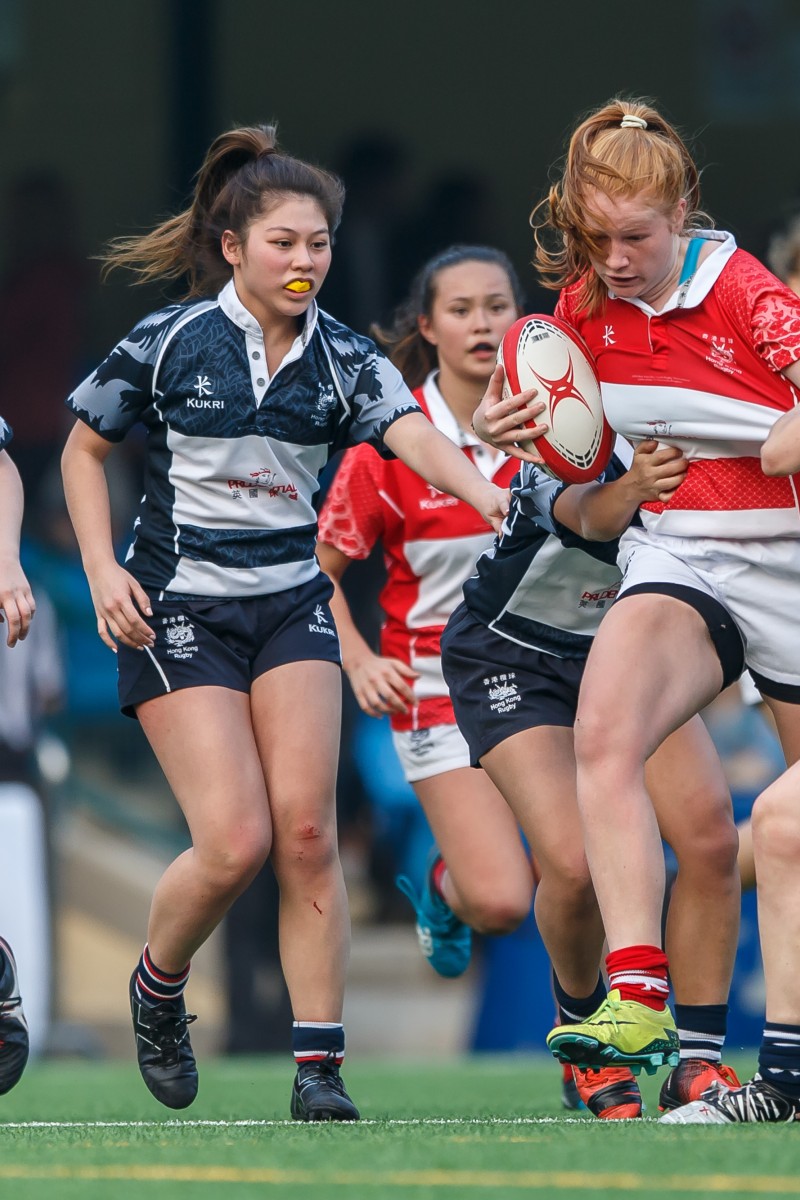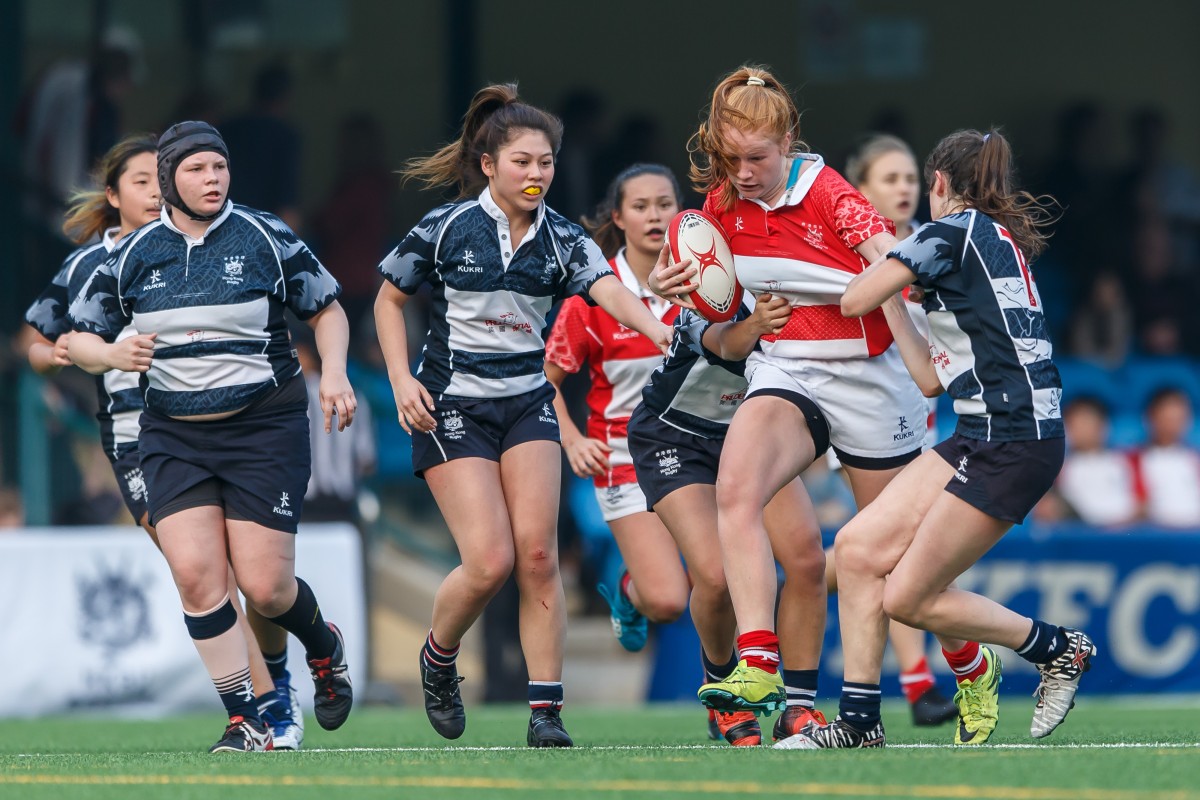
Face Off: should Hong Kong attach more importance to sports?
Each week, two of our readers debate a hot topic in a parliamentary-style debate that doesn’t necessarily reflect their personal viewpoint. This week …
 Is Hong Kong doing enough to promote sports in the city?
Is Hong Kong doing enough to promote sports in the city?Cedric Li, 18, Harvard University
Yes, because the support local athletes get from the government is virtually non-existent which is holding back our young athletes who wish to pursue a sports career. It’s plain to see that the government does not care much about sport in Hong Kong.
Since the handover in 1997, the Leisure and Cultural Services Department has not done too well in the field of sports. For example, its biggest schemes are plans to redevelop Wan Chai Sports Ground, and successfully applying to be a host city for the Formula E tour, which hardly qualifies as a sport.
There was another disappointing display of the government’s lack of commitment to sports in the city last month. SCMP reported that the government had neglected to set proper guidelines and policy support regarding staging road races. This means the Hong Kong Cycling Association could be forced to cancel this year’s national road race championships. What message does the government’s poor track record when it comes to sports policy send to budding athletes in Hong Kong?
On top of being a major letdown, the crux of the problem is that, because the government cares so little about sports, people who want to dedicate their lives to sports are not able to realise their dreams. Any action now would be better than the status quo, and Hong Kong owes it to all the wasted talent and potential to place more emphasis on sports.
Karl Lam, 16, German Swiss International School
The focus should be on academics, not sports. Hong Kong thrives on economic development. The city has a very competitive culture, so it is important for local students to have quality education that can get them into a good university. Then they can have a fruitful career in the future.
What’s more, it is much wiser to put our money into buying hi-tech gadgets such as computers and scientific equipment such as microscopes, rather than spending it on sports equipment. Focusing more on sports will only benefit a select few who aspire to be professional athletes. On the other hand, providing resources for things such as science equipment has the potential to benefit many more people in the long run.
Playing sports does have its health benefits and those interested in sports, of course, have a right to practise it and should have the equipment and space to do so. However, sports shouldn’t be given such a high place in our society where it can be forced upon those who aren’t interested it.
In today’s highly competitive, globalised world, academics should always come first.
